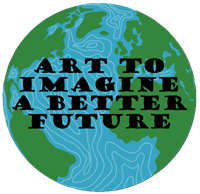So that we can properly imagine a future where we have started to bring the climate and nature crisis under control, we need to have an understanding of solutions that are available. It’s important not to constrain future visions by being limited to small changes from where we are now, but equally we don’t want to rely on technology breakthroughs to solve the problems, as this would just kick the can down the road. And we have really run out of road to kick the can down.
Climate change is happening now, and it’s the most serious threat to life on our planet. Fortunately, there are plenty of solutions to climate change, they are well-understood. In 2015, world leaders signed a major treaty called the Paris agreement, to put these solutions into practice. Core to all climate change solutions is reducing greenhouse gas emissions, which must get to zero as soon as possible. Because both forests and oceans play vitally important roles in regulating our climate, increasing the natural ability of forests and oceans to absorb carbon dioxide can also help stop global warming.
Here are some ways to stop climate change. Not everyone will agree on all solutions, which is why we need governments to act and decide on fair ways forward by involving a cross-section of people, using techniques such as Citizens Assemblies.
- Keep fossil fuels in the ground. Fossil fuels include coal, oil and gas – and the more that are extracted and burned, the worse climate change will get. All countries need to move their economies away from fossil fuels as soon as possible. The UK for instance uses over 1 million barrels of oil per day, plus a large amount of natural fossil gas.
- Invest in renewable energy. Changing our main energy sources to clean and renewable energy is the best way to stop using fossil fuels. These include technologies like solar, wind, wave, tidal and geothermal power. Why have we not got solar on every home roof?
- Switch to sustainable transport. Petrol and diesel vehicles, planes and ships use fossil fuels. Reducing car use, switching to electric vehicles and minimising plane travel will not only help stop climate change, it will reduce air pollution too. But we do need safe walking and cycling facilities, reliable and affordable trains, trams and buses. Cycling is ten times more important than electric cars for decarbonising cities.
- Help us keep our homes cosy. Homes shouldn’t be draughty and cold – it’s a waste of money, and miserable in the winter. The government can help households heat our homes in a green way – such as by insulating walls and roofs and switching away from oil or gas boilers to electric heat pumps.
- Improve farming and encourage plant-based diets. One of the best ways for individuals to help stop climate change is by reducing their meat and dairy consumption, or by going fully plant-based. Businesses and food retailers can improve farming practices and provide more plant-based products to help people make the shift. Growing food locally with regenerative farming methods will improve soils and draw down carbon.
- Restore nature to absorb more carbon. The natural world is very good at cleaning up our emissions, but we need to look after it. Planting trees in the right places or giving land back to nature through ‘rewilding’ schemes is a good place to start. This is because photosynthesising plants draw down carbon dioxide as they grow, locking it away in soils.
- Protect forests like the Amazon. Forests are crucial in the fight against climate change, and protecting them is an important climate solution. Cutting down forests on an industrial scale destroys giant trees which could be sucking up huge amounts of carbon. Yet companies destroy forests to make way for animal farming, soya or palm oil plantations. Governments can stop them by making better laws.
- Protect the oceans. Oceans also absorb large amounts of carbon dioxide from the atmosphere, which helps to keep our climate stable. But many are overfished, used for oil and gas drilling or threatened by deep sea mining. Protecting oceans and the life in them is ultimately a way to protect ourselves from climate change.
- Reduce how much people consume. Our transport, fashion, food and other lifestyle choices all have different impacts on the climate. We are led by advertising to buy more products and travel in high impact ways. But a lot of what we truly value in life isn’t about buying the latest hi-tech gadget or flying multiple times a year. A focus on wellbeing of ourselves and the living world would have us happier and give us a secure future much more than economic growth for its own sake. We are likely to have enough resources to have luxurious public spaces such as theatres, fitness centres, meeting places with cafes, and parks. We are likely to be able to have good walking, cycling and public transport, but not enough for everyone to have limitless travel.
- Reduce plastic. Plastic is made from oil, and the process of extracting, refining and turning oil into plastic (or even polyester, for clothing) is surprisingly carbon-intense. It doesn’t break down quickly in nature so a lot of plastic is burned, which contributes to emissions. Demand for plastic is rising so quickly that creating and disposing of plastics will account for 17% of the global carbon budget by 2050 (this is the emissions count we need to stay within according to the Paris agreement).
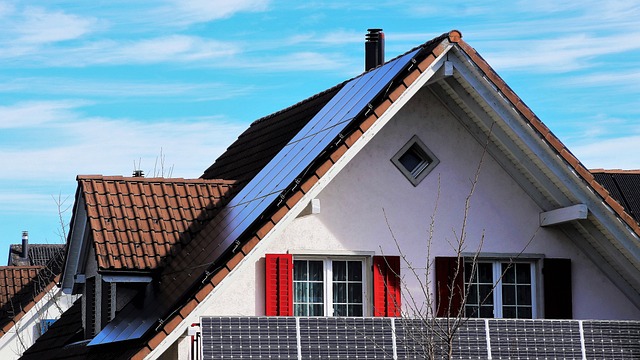
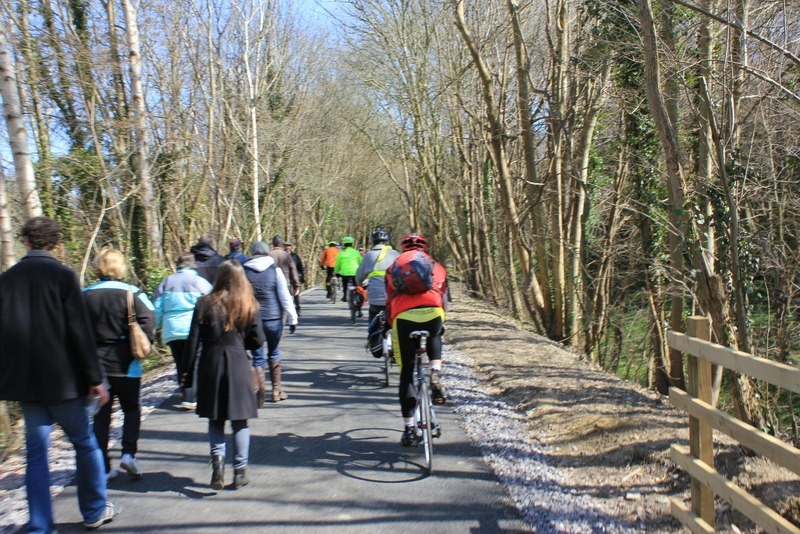
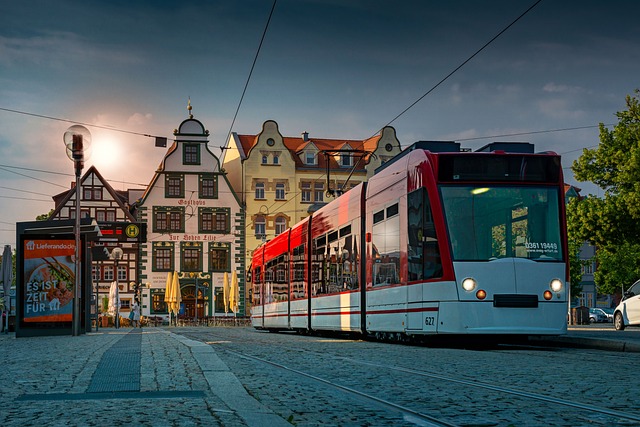
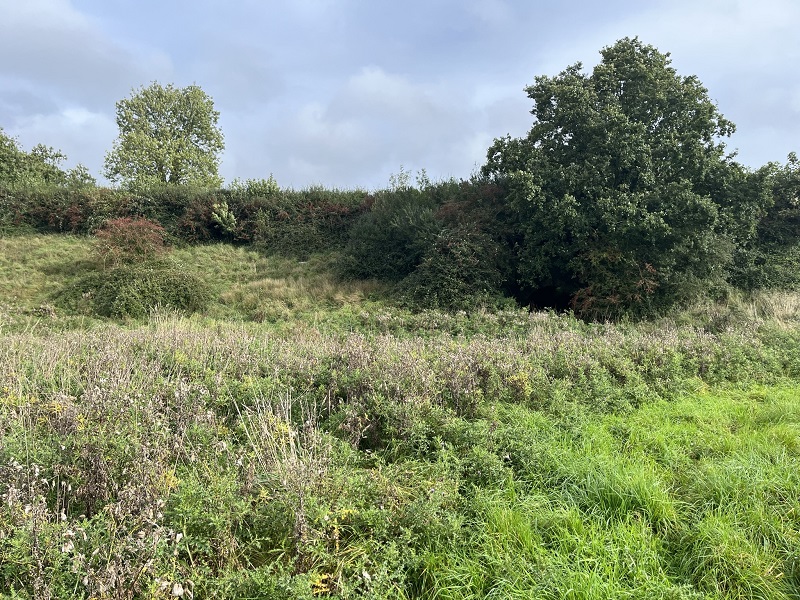
Note that some of the solutions outlined here are borrowed from the excellent Greenpeace solutions page.
Photo credits for this page: House with solar: Julita; Walking and cycling route: Andy Lyon; Tram: Reinhold Silbermann; Heal Rewilding: Andy Lyon.
